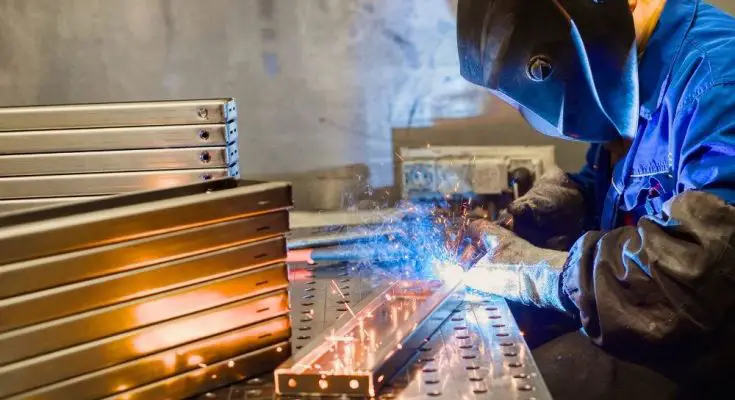As part of the supply chain, every product begins its lifecycle as raw materials. That includes metal. Many people may not realize how skyscrapers and cars begin other than through construction or assembly. However, both these industries need metal to finish their respective projects. With that, here is some basic information on metal fabrication to know so you better understand the process involved.
What Is Metal Fabrication?
Metal fabrication is the process of cutting, bending, and assembling metal structures, machines, and parts from raw materials. Cutting requires sawing, shearing, chiseling, or torching raw materials. Numerical control cutters, like lasers or water jets, also ensure precise cutting techniques. Bending requires hammering via press brakes, tube benders, or CNC-controlled back gauges. Finally, assembling involves adhesives, rivets, or threaded fasteners to form seamless cohesion between parts. Typically, welders assemble these parts for a secure finish.
Common Fabricated Metals
With that, there are three common metals used for fabrication: copper, stainless steel, and aluminum. Copper is the easiest and most cost-effective metal. Its distinct appearance and electrical conductivity make it a great metal for lighting fixtures and electrical equipment. Stainless steel is another common metal used for building structures and automobiles. Stainless steel actually contains many different types of metals, like chromium, aluminum, nickel, carbon steel, and other alloys, to provide corrosive resistance and a polished finish. Aluminum, the last common fabricated metal, is a versatile and cost-effective option commonly used for aerospace, construction, and medical industries.
Jobs in the Metal Fabrication Industry
As part of this guide on basic information on metal fabrication to know, there are many jobs in the field to consider. Generally, this includes machinists, welders, metallurgists, and casters. Obtaining a job in the metal fabrication industry requires some education and vocational skills. More so, it requires extensive practice and training in the workplace. Many welders and metal fabricators begin their careers as apprentices before becoming certified in their specialties. Look for local metal fabrication courses and shops in your area to get started.
Additional Resources:
Aluminim
Drones
Robots
Scooters



